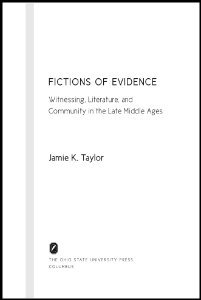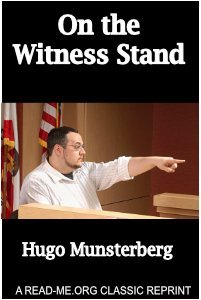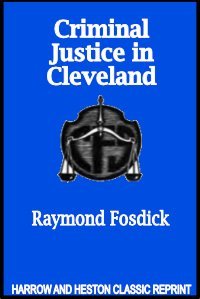Edited by Diane Kirkby
This collection brings methods and questions from humanities, law and social sciences disciplines to examine different instances of lawmaking. Contributors explore the problematic of past law in present historical analysis across indigenous Australia and New Zealand, from post-Franco Spain to current international law and maritime regulation, from settler colonial humanitarian debates to efforts to end cruelty to children and animals. They highlight problems both national and international in their implication. From different disciplines and theoretical positions, they illustrate the diverse and complex study of law’s history.
Canberra: Australian National University, 2011. 236p.












